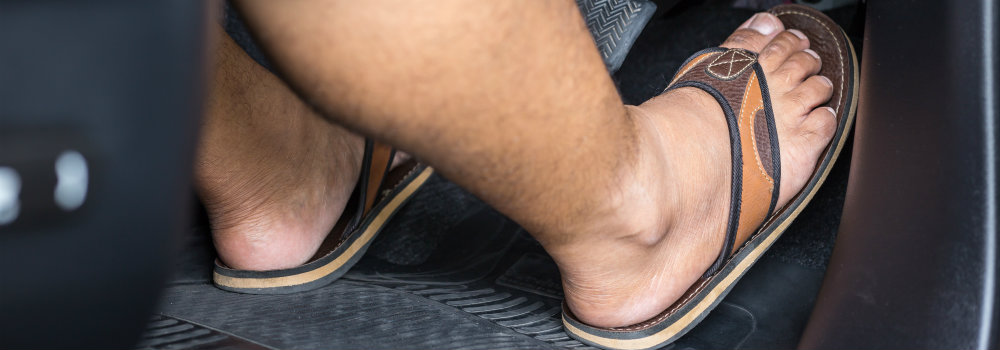License Renewal for Seniors in Illinois, While the many rules and regulations of the Illinois Secretary of State impact all drivers of every age and stage, the state places some special requirements and restrictions on older drivers.
General state rules in Illinois are discussed in greater detail below, but many of them have to do with identification of, and procedures for dealing with, older drivers who may have become a threat to safety. Specifically, Illinois:
- requires in-person renewal for drivers 75 years of age and older
- requires a vision test and road test to renew in person for drivers 75 and older,
- requires every two years for drivers ages 81 through 86, and those 87 and older, to renew their license, and,
- allows physicians and law enforcement or judicial system members to request an unsafe driver investigation.
Illinois License Renewal Laws for Seniors
For seniors, license renewals have certain rules. All mail renewals are prohibited if the driver is 75 years or older.
Time restrictions: All drivers between ages 21 and 80 receive a four-year license. The licenses lapse on their birthdays.
Drivers between the ages of 81 and 86 must renew their licenses biennially.
And drivers age 87 and older must renew their licenses each year.
The Secretary of State’s office in Illinois sponsors the Super Seniors Program, a voluntary, on-the-road program that visits libraries, senior centers, and park districts and assists seniors younger than 74 to renew their licenses by providing both Rules of the Road classroom instruction and a vision-screening exam.
Vision exam: Required at renewal. Licensing staff will administer a complimentary test or drivers can get an exam administered by licensed optometrist, ophthalmologist, or physician, who will have to provide a Vision Specialist Report and administer the test within six months of making the renewal request.
Written test: Is required at each renewal for drivers 75 years of age or older.
Road test: Is required at each renewal for drivers 75 years of age or older.
Possible License Restrictions
The Secretary of State may impose on a driver’s license restrictions or conditions after giving a driving test and consulting with him or her about possible restrictions.
The most common restriction for older drivers is to require glasses or corrective contact lenses.
Illinois residents who live in low-population areas also may be eligible for a restricted license that allows them to drive only within those areas. For details, please go to a local driver’s license facility.
How to Lodge a Complaint Against An Unsafe Driver in Illinois
Unlike most state licensing authorities, the Illinois Secretary of State will accept information about potentially unsafe drivers only from law enforcement officers.
However, the Illinois statute requires that physicians inform their patients of the responsibility of notifying the Secretary of State of any medical conditions that may cause a loss of consciousness or impair them from driving safely within 10 days of learning of those conditions.
Drivers who have medical conditions that they should report must also fill out a Medical Report Form each time they renew their licenses.
Illinois Driver Improvement Programs
Older drivers in Illinois can improve their skills and raise their confidence by participating in an education/training class specifically for older drivers. These local courses are called Rules of the Road Review Courses.
How to Get a License Reinstated
For procedures on reinstatement of a suspended or revoked license in Illinois, the driver needs to contact the local driver license office.
How to Get Parking Placards or License Plates for a Driver with a Disability
Placards and license plates are available for drivers with impaired mobility if a licensed physician, advanced practice nurse, optometrist, or physician’s assistant certifies the condition.
The placards and plates are also available for persons who have:
- severe heart or lung disease
- a diagnosed disease or disorder that significantly limits the use of lower extremities
- ability to walk only with some help, or
- use of a wheelchair or walker, or
- loss, or loss of use of a hand or an arm.
To obtain a disabled placard or plate:
- Complete and sign a form called Persons with Disabilities Certification for Parking Placard/License Plates.
- Have a licensed physician, advanced practice nurse, optometrist, or physician’s assistant complete the Medical Eligibility Standards section of the certification.
- Add a surcharge of $29 for a disability plate; the placards are free.
- Mail the original application to the address given on the form.


 by
by 




